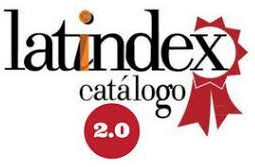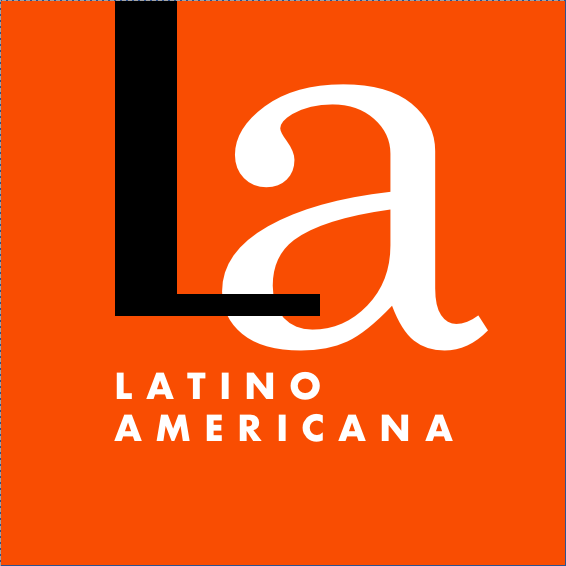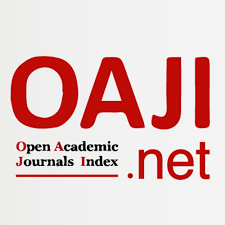Argentine citizenship and solidarity in Milan during the Second World War: Leiba Faiwel and his work in La Mensa dei Bambini
Abstract
Case study of a naturalized Argentine citizen residing in Italy: Leiba Wolf Faiwel. It focuses on the Jewish community of Milan during the years 1938-1943, the context of the crisis of refugees from territories under the rule of the Third Reich, and the application of anti-Semitic measures. The purpose of this work is, on the one hand, to publicize the charity La Mensa dei Bambini and, at the same time, to study to what extent citizenship of a neutral country provided Faiwel with protection to contribute to the cause.Downloads
References
Collotti, E. (2006). Il fascismo e gli ebrei. Le leggi razziali in Italia. Laterza.
Costantini, F. (2016). I luoghi della memoria ebraica a Milano. Mimesis.
Hilberg, R. (2005). La destrucción de los judíos europeos. Akal.
Italia rifugio per gli ebrei austriaci. (23 de octubre de 2010). Avanti!
Kershaw, I. (2008). Roma, verano y otoño de 1940. Mussolini decide llevarse su parte en I. Kershaw, Decisiones trascendentales. De Dunquerque a Pearl Harbour (1940-1941), el año que cambió la historia (pp. 186-252). Península.
Kolb, E. (1986). Bergen-Belsen. From 1943 to 1945. Vandenhoeck & Ruprecht.
Mattina, M. (2022). El Holocausto en los Países Bajos a la luz de una trayectoria familiar en N. Vasallo (coord.), Historia Contemporánea. Problemas, debates y perspectivas (pp. 523-536). Editorial de la Universidad Nacional del Sur.
Montanelli, I. e Cervi, M. (2001). L’Italia della guerra civile (8 settembre 1943 - 9 maggio 1946). Rizzoli Editore.
Morresi, C. (10 de noviembre de 2018). Faiwel, Leiba Wolf Leone (1899-1952). Museo del Holocausto. https://museodelholocausto.org.ar/museumSmartAdmin/dist/default/private/sources/pdf/investigations/11/ pdf/faiwel-leiba-wolf-leone.pdf
Overy, R. (2011). Por qué ganaron los aliados. Tusquets Editores.
Picciotto Fargion, L. (2004). Gli ebrei in provincia di Milano: 1943/1945. Persecuzione e deportazione. Fondazione Centro di Documentazione Ebraica Contemporanea / Arcadia Edizioni.
Picciotto, L. (2005). Los italianos y los judíos durante las persecuciones alemana y fascista en D. Bankier y I. Gutman (eds.), La Europa nazi y la Solución Final (pp. 531-579). Losada.
Rapoport, M. (1988). ¿Aliados o neutrales? La Argentina frente a la Segunda Guerra Mundial. Eudeba.
Ras, M. (2018). Ciudadanos argentinos victimizados por los alemanes, sus aliados y colaboradores entre 1933 y 1945. Actas de la Jornada-Taller El Holocausto: miradas y experiencias argentinas. A 80 años del pogromo de noviembre. FFyL, UBA, Argentina.
Ras, M. (2021). Argentinos en Varsovia. 1939-1945 en R. Laham Cohen y E. Caselli (eds.), Antijudaísmo, antisemitismo y judeofobia. De la Antigüedad Clásica al atentado a la AMIA. Miño y Dávila editores.
Ras, M. (2022). Los Mundstock: una familia argentina damnificada durante el Pogromo de noviembre. Nuestra Memoria, (40), 61-69.
Ras, M. (2023). El rol de Adolf Eichmann y la Embajada argentina en Berlín en la deportación de judíos con ciudadanía argentina. Historia y memoria. Ciclos en la Historia, la Economía y la Sociedad, 30(60), 133-161.
Realini, L. (septiembre de 2003). La Mensa dei bambini a Milano 1939-1943. Italia contemporanea.
Sarfatti, A. (2021). Pane e ciliegie. Israel Kalk, l’uomo che difendeva i bambini ebrei sotto il Fascismo. Mondadori.
Sarfatti, M. (2008). La persecuzione degli ebrei in Italia. Archivio dell’ area istruzione. https://archivio.pubblica.istruzione.it/shoah/didattica/sarfatti_torino08.pdf
Toynbee, A. J. (1985). La Europa de Hitler. Sarpe.
Voigt, K. (1996). Il rifugio precario. Gli esuli in Italia dal 1933 al 1945 (vol. 2). La Nuova Italia.
Zuccotti, S. (1996). The Italians and the Holocaust. Persecution, Rescue, and Survival. University of Nebraska Press.
Copyright (c) 2025 Catalina Morresi

This work is licensed under a Creative Commons Attribution-NonCommercial 4.0 International License.

Historia & Guerra uses an international license Attribution-NonCommercial 4.0 International (CC BY-NC 4.0).
You are free to:
- Share — copy and redistribute the material in any medium or format.
- Adapt — remix, transform, and build upon the material.
- The licensor cannot revoke these freedoms as long as you follow the license terms..
Under the following terms:
Attribution — You must give appropriate credit, provide a link to the license, and indicate if changes were made. You may do so in any reasonable manner, but not in any way that suggests the licensor endorses you or your use.
NonCommercial — You may not use the material for commercial purposes.
No additional restrictions — You may not apply legal terms or technological measures that legally restrict others from doing anything the license permits.
Notices:
You do not have to comply with the license for elements of the material in the public domain or where your use is permitted by an applicable exception or limitation.
No warranties are given. The license may not give you all of the permissions necessary for your intended use. For example, other rights such as publicity, privacy, or moral rights may limit how you use the material.
The author retains all rights to his work without restriction and grants Historia & Guerra the right to be the first publication of the work. Likewise, the author may establish additional agreements for the non-exclusive distribution of the version of the work published in the Journal (for example, placing it in an institutional repository or publishing it in a book), with the acknowledgment of having been first published in this journal. Use of the work for commercial purposes is not permitted.
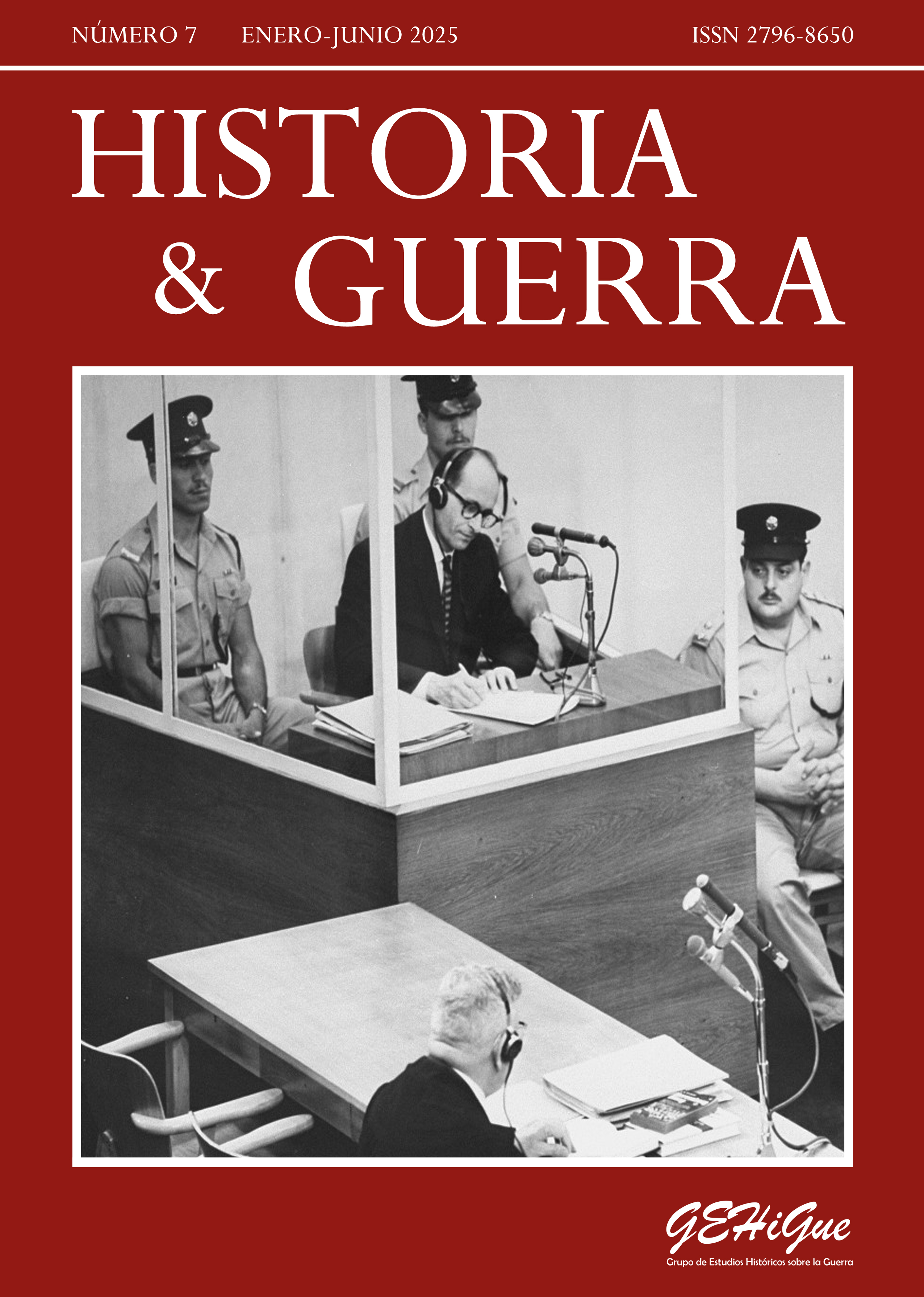

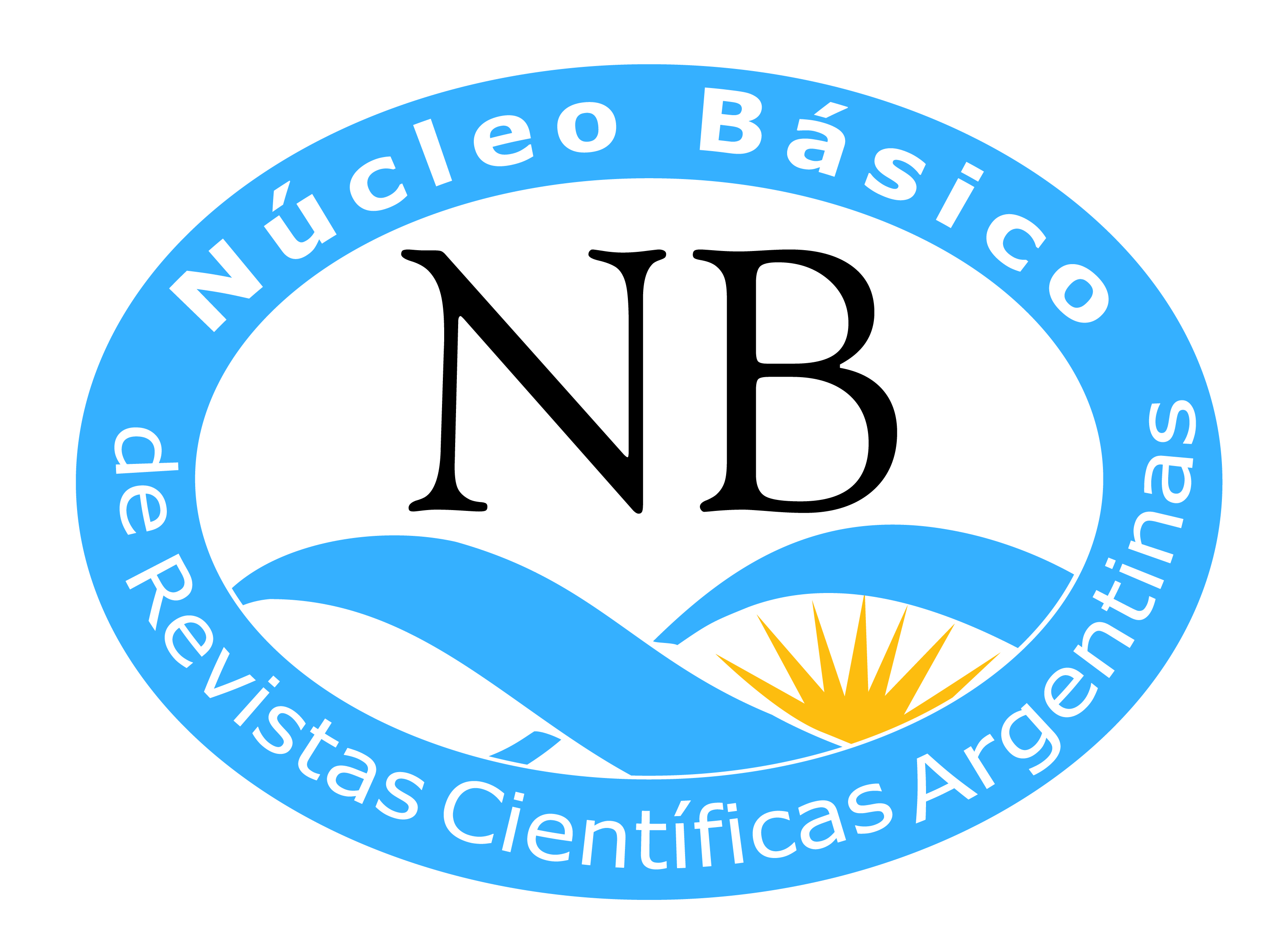




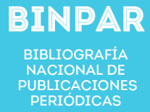






.jpg)


